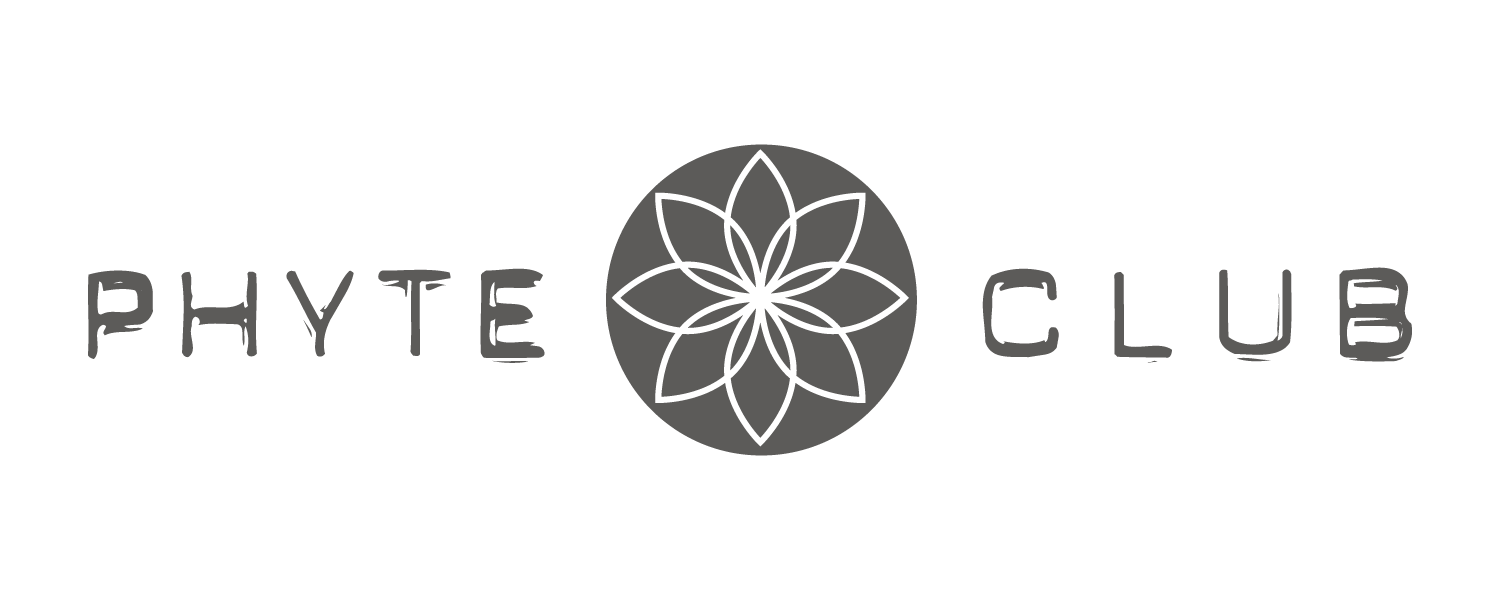Vitamin D-lightful
/Vitamin D is an extraordinarily important vitamin for bone health not to mention hair and weight control and an interesting vitamin as it is freely available from sunshine — also available from the sun UVA and UVB rays that are horrendous for the skin. When one takes sun-protection seriously — hats, sunscreen, shade-seeking etc — a deficiency of Vitamin D is practically a consequence. And it’s also an ethnicity thing — dark-skinned people are not often able to obtain Vitamin D from sunshine even if they’re veritable sun-worshippers.
Vitamin D in its active form D3 is crucially involved in the body’s absorption of calcium both in the digestive tract and bones. It’s more of a hormone than a vitamin. Vitamin D synthesis and utilization yields the active form, calcitriol, a hormone-like compound intrinsic to cellular proliferation and differentiation contributing to skin cell growth, repair and metabolism. It mobilizes the skin’s immune system and helps destroy free radicals that can cause premature aging.
Dr. Dennis Gross has done pioneering work to show the Vitamin D- skin connection beyond the more belaboured logic of this blog that nutrition and health manifest as good skin. Sufficient vitamin D in the skin helps minimize acne, boost elasticity, stimulate collagen production, enhance radiance, and lessen lines and the appearance of dark spots and Vitamin D2 topically applied. With all these things covered — oral supplementation is the most rational response. Here is what I discovered in the Vitamin D supplementation process.
- Get tested — you need to know if you’re deficient or not because excess vitamin D is toxic and this is by a simple blood test in an annual physical. The optimal range is 50–70ng/ml.
- Find a Vitamin D3 supplement orally — this is 3 times more effective than D2 which is safer and more effective topically applied but has a shorter shelf life.
- Nutrition — here again animal sources are more bioavailable as was the case with Omega 3s and D3 is available — fish like salmon and mackerel, egg yolks and raw milk. Now having been raised vegetarian — I can’t eat fish and I truly dislike the smell of egg yolks and am allergic to raw milk — especially the scent. I wonder if this is a dietary expression of my heliophobia but this means supplements are truly my game-changing way to obtain D3.
- How much? Grassroots health suggests we need 8,000 IU to have an optimal amount in our bloodstream. I have 5,000IU because I know my Fish Oil supplements come with some of this and my almond milk is Vitamin D fortified.

